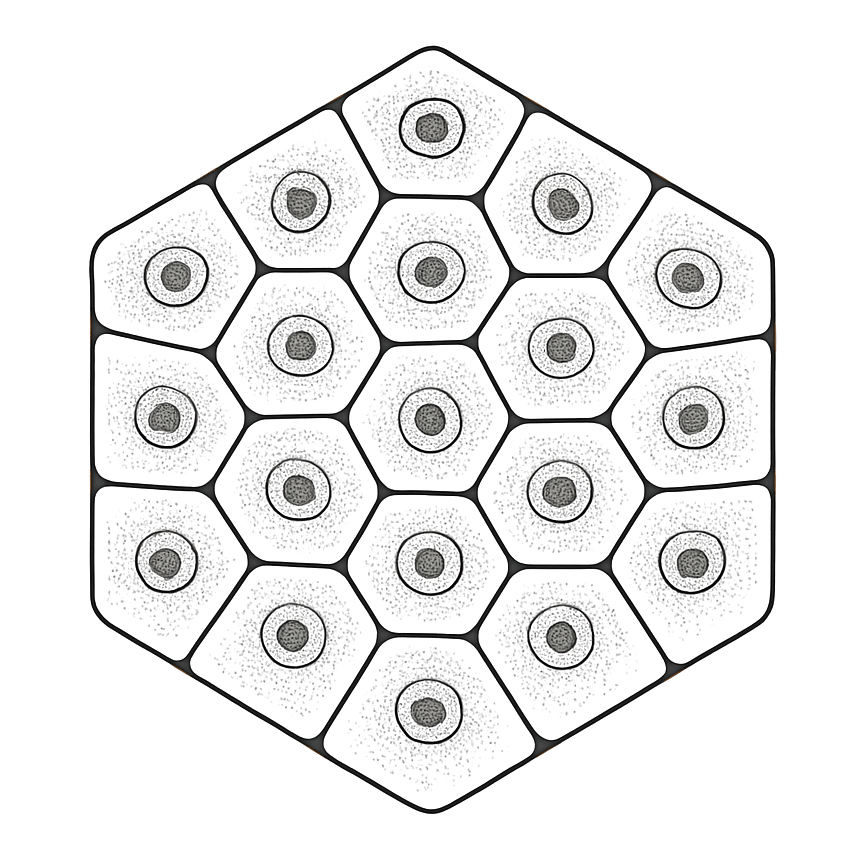Why do I get dark marks after acne spots?

The development of dark marks after acne treatment can be a significant issue for patients with pigmented skin types. The medical name for this phenomenon is post-inflammatory hyperpigmentation.
Pigment in the skin is produced by a specialized population of cells known as melanocytes. These are situated between the thin surface layer of the skin (the epidermis) and the thicker, deeper layer that give the skin its strength (the dermis). Inflammation occurring in an acne lesion can cause melanocytes to produce additional pigment, additionally inflammation causes death of melanocytes and as a consequence they fall deeper within the skin where they are engulfed by immune cells.
Whilst these dark marks will fade with time, they can persist for many months after acne lesion have resolved and for some patients can be a greater concern than the acne lesions themselves. Assiduous photoprotection is critical; skin products including hydroquinone and topical retinoids and cosmeceuticals may give some minor improvement, however the most important factor is to find an effective treatment to prevent the development of further acne.
Related Articles
- Why does acne cause scarring?
- What are topical retinoids?
- How do you know what the right treatment is for your acne?
How I can help
My NHS practice is at Guy's Hospital. I consult with private patients at several well-appointed and conveniently located sites across central London:
- London Bridge Hospital: Conveniently situated within The Shard, next to London Bridge station.
- Skin55 Ltd: Located at 55 Harley Street, this beautiful Edwardian building houses one of the largest private dermatology facilities in the UK with a comprehensive laser suite.
- OneWelbeck: Located close to Bond Street underground station. Mohs surgery, lasers, and other skin surgeries are performed in the state-of-the-art surgical suite here.
A new consultation is £250, a follow up consultation is £220. For more information on fees, please visit Prices.

